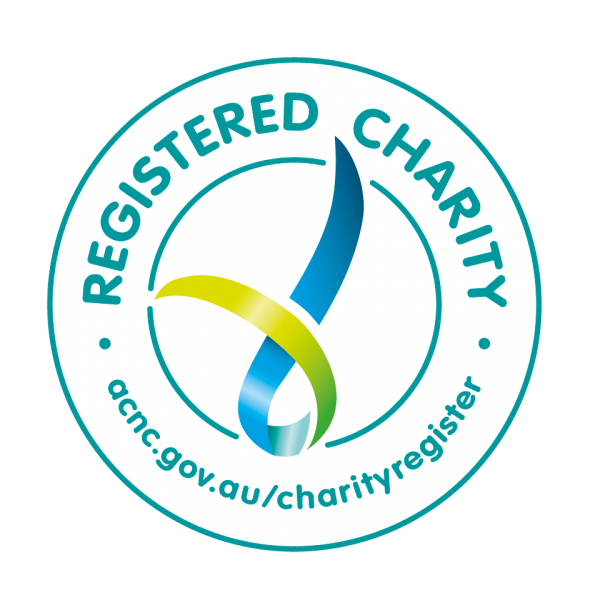Myths about seafood
All Seafood Contains High Levels of Mercury
**Reality**: While some species, high in the food chain (fish that eat other fish) like pilot whales and some species of shark, swordfish, marlin, etc , have higher mercury levels, many others, like salmon, shrimp, pollock, and basa, have low levels of mercury and are safe to eat regularly. Additionally as we eat as much, if not more, farmed fish nowadays it should be noted that aquaculture species are not subject to the same issues as amongst other issues their lifespan is not as long and is in controlled waters whilst eating specialised feeds.
Many millions of dollars are spent each year on testing for mercury and other heavy metals in our seafoods and so little is detected. When was the last time you or a friend became ill because of mercury poisoning in fish/seafood.
We do respect the precautionary aspects regarding women who are pregnant but otherwise as long as you eat seafood in moderation you should be in little fear of mercury.
Farmed Fish is Less Healthy than Wild-Caught Fish
**Reality**: Both farmed and wild-caught fish can be nutritious. The quality depends on various factors, including the species, farming practices, and diet. Sustainable aquaculture practices produce healthy fish.
Seafood Spoils Quickly
**Reality**: With proper handling and storage, seafood can be kept fresh for several days. Freezing extends the shelf life significantly without compromising quality.
Shellfish are High in Cholesterol and Should Be Avoided
**Reality**: Although shellfish contain cholesterol, they are low in saturated fat and can be part of a heart-healthy diet. The cholesterol in food has less impact on blood cholesterol levels than once thought.
You Shouldn't Eat Seafood If You're Pregnant
**Reality**: Pregnant women are encouraged to eat seafood due to its high omega-3 fatty acid content, which is beneficial for foetal development. They should choose low-mercury options and avoid high-mercury fish.
Fish Farming Harms the Environment
**Reality**: While some aquaculture practices can be harmful, many modern fish farms use sustainable practices that minimize environmental impact. Responsible farming methods can produce seafood with lower environmental footprints than wild-caught fish.
Fish is Full of Harmful Toxins
**Reality**: Although some fish can contain contaminants, the levels are generally low and the health benefits of eating fish outweigh the risks for most people. Choosing a variety of fish can minimize exposure to any single contaminant.
Frozen Seafood is Less Nutritious than Fresh
**Reality**: Freezing seafood at peak freshness locks in nutrients. In some cases, frozen seafood can be fresher and more nutritious than seafood labeled as fresh, which may have been in transit for days. Addressing these myths can help people enjoy the health benefits of seafood without unnecessary concerns.

